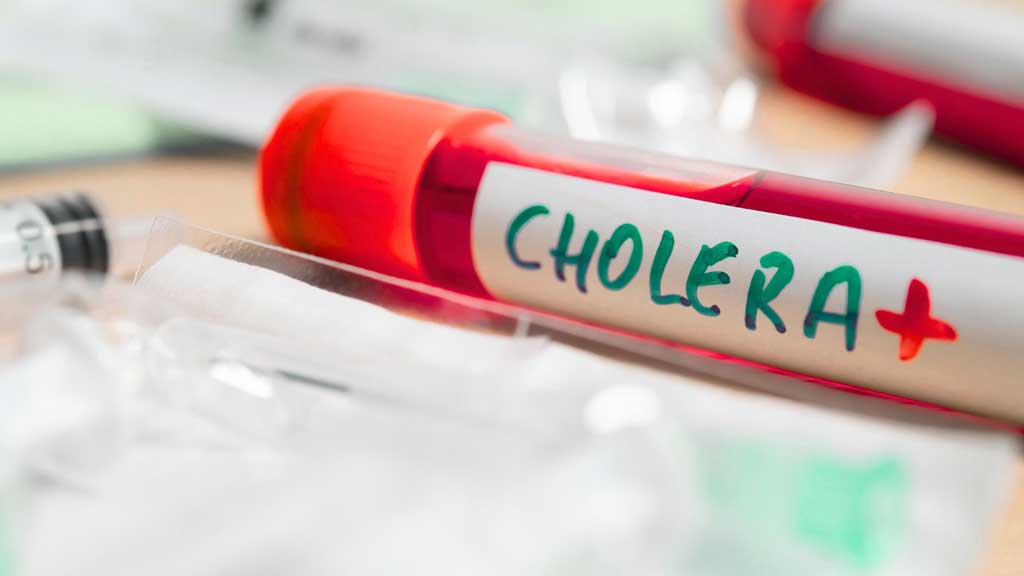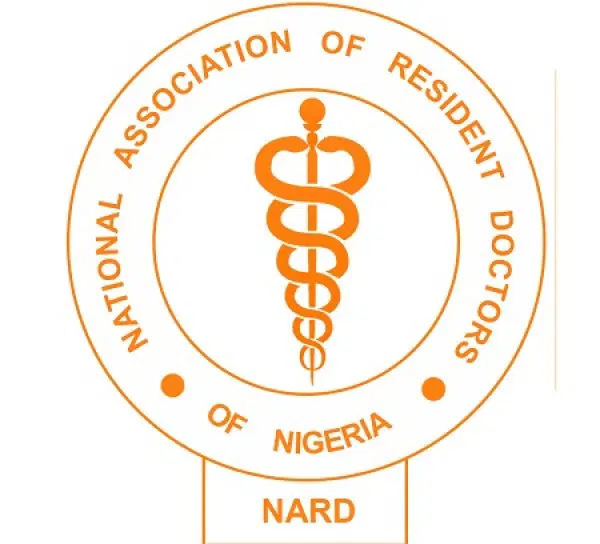A total of 106 Nigerian nationals were arrested in India last year for drug trafficking offences, making them the second-highest group of foreign nationals involved in such cases, according to the Narcotics Control Bureau (NCB).
The figures, published in the NCB’s 2024 annual report and cited by The Indian Express, revealed that Nepalese citizens topped the list with 203 arrests, followed by Nigerians (106) and Myanmarese (25). Other nationals arrested include 18 Bangladeshis, 14 Ivorians, 13 Ghanaians, and 10 Icelanders.
The report was officially released by India’s Home Minister, Amit Shah, at the 2nd National Conference of Anti-Narcotics Task Force Heads, held in New Delhi. The two-day event, organized by the NCB, brought together top security and drug enforcement officials from across India’s states and Union Territories.
The NCB report highlighted growing concerns over the use of drones to smuggle drugs, with Punjab recording 163 such incidents, leading to seizures of 187.149 kg of heroin, 5.39 kg of methamphetamine, and 4.22 kg of opium. In Rajasthan, authorities recorded 15 drone-related cases and recovered 39.155 kg of heroin, while a single incident in Jammu and Kashmir resulted in the seizure of 0.344 kg of heroin.
NCB Director General Anurag Garg noted that India’s geographical position—between the ‘Death Crescent’ (Afghanistan, Iran, Pakistan) and the ‘Death Triangle’ (Myanmar, Thailand, Laos)—makes it a significant target for international drug trafficking networks.
He explained that Punjab, Rajasthan, and Jammu & Kashmir are particularly vulnerable to heroin smuggling from Pakistan, while northeastern states such as Manipur, Mizoram, Nagaland, Assam, and Arunachal Pradesh are affected due to their proximity to Myanmar. Coastal states including Mumbai, Gujarat, Kerala, and Tamil Nadu are increasingly exploited for the trafficking of synthetic drugs and precursors, he added.
In his remarks at the conference, Minister Amit Shah emphasized the government’s commitment to eradicating drug networks in India and called for international fugitives running drug operations from abroad to be brought to justice.
“The time has come to bring overseas drug lords within reach of Indian law,” Shah said, adding that the Central Bureau of Investigation (CBI) has made significant progress and should work with Anti-Narcotics Task Forces (ANTFs) to facilitate extraditions.
He stressed that the focus must shift from arresting small-time peddlers to dismantling three levels of drug cartels: those at entry points, statewide distributors, and local dealers. Shah urged all states to develop comprehensive strategies and adopt advanced tools such as darknet monitoring, cryptocurrency tracking, metadata analysis, and machine learning to combat drug trafficking effectively.
“Elsewhere in the world, countries have seen the impact of drug abuse on national development. We are dangerously close to some of the world’s largest drug-producing regions. Now is the time to act decisively,” Shah concluded.








